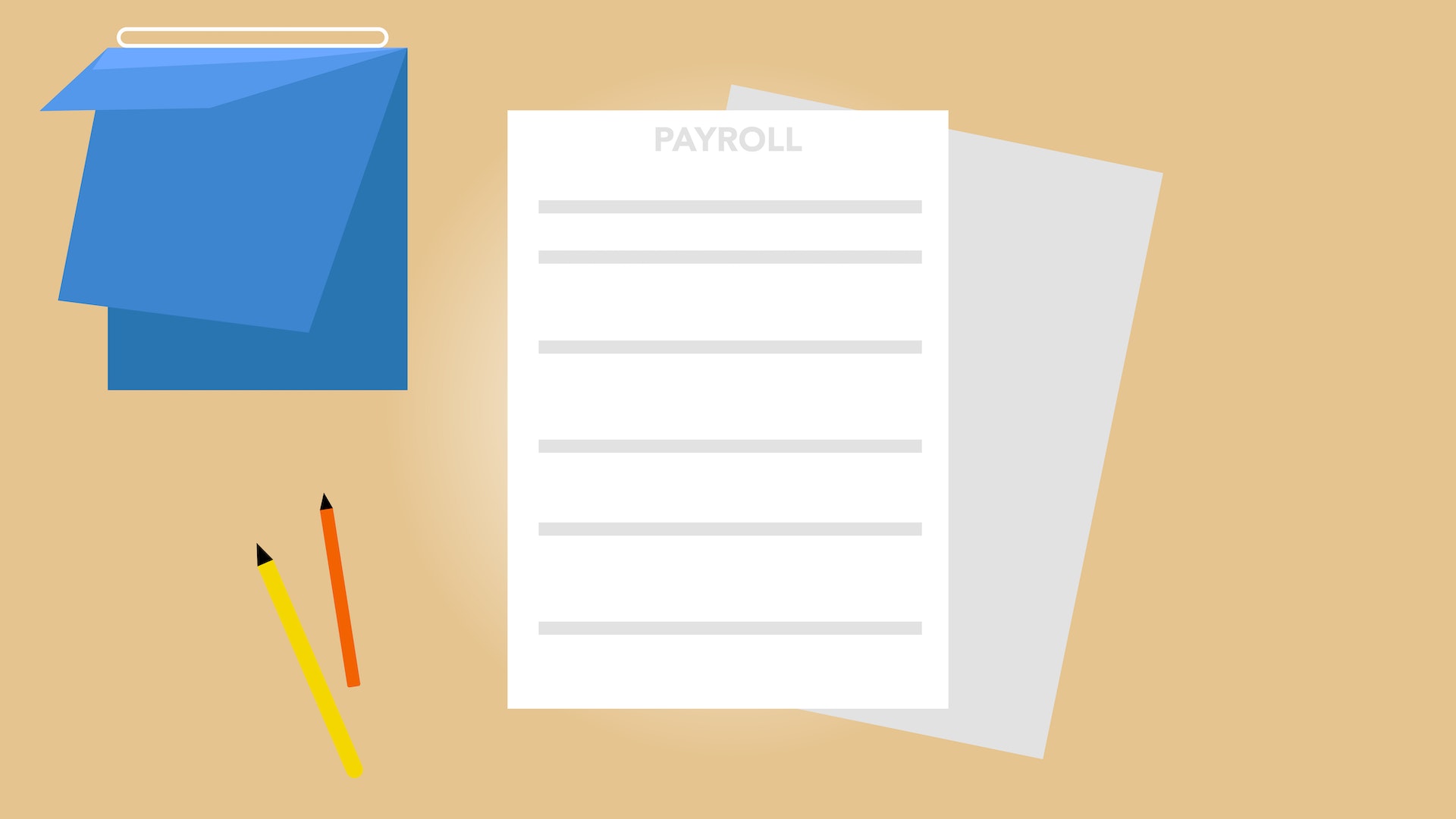Every month, employees get a payslip sent by their company via post, email, or in person. But how many of us take the time to check these each month?
According to research by QuickBooks, 25% of UK employees don’t check their payslips monthly. Instead, 28% are more likely to check their weight often, and 18% are more likely to check lottery tickets.
It’s vital that everybody understands and checks their payslips monthly or every time they receive one, not only to check they’re getting paid and taxed as they should be but checking often can also help when planning finances.
QuickBooks have created an interactive payslip which explains some of the key components of the standard UK payslip. They also answered some of the most common questions to help the public better understand their payslips.
General questions about payslips
Do employers need to provide payslips?
Employers legally have to provide employees with payslips either on or before payday – these can be provided electronically or printed. There are few instances where employees don’t need to provide payslips, these are:
- If you’re in the police
- If you’re not technically an employee (freelancer or contractor)
- If you’re employed in certain seafaring professions such as the merchant navy
Do I need to keep my payslips?
Nobody is obligated to keep payslips, however, it is a good idea to. Having payslips to hand is helpful if you ever have any issues with earnings in the future – it can easily identify where the mistake has come from. Also, past payslips are often needed by the bank before offering products or services, such as a mortgage.
How can I see past payslips?
If you need to get hold of a past payslip but haven’t kept them, you can ask your company’s finance department or HR – whoever manages payroll in your workplace. Payroll must keep copies of employees’ payslips dating back three years, alongside P60s, which must be kept for a minimum of 22 months after the end of a tax year.
What if there’s a problem with my payslip?
If you notice any issues on your payslip, they should be brought up as soon as possible to avoid further complications – it’s much more difficult to sort out problems later, especially if a new tax year has been entered. Some common issues that arise include:
- Paid the wrong amount: Speak to your line manager or HR department as soon as possible.
- Issues with any statutory elements (e.g., tax code, National Insurance, or student repayments): Get in touch with HMRC straight away – your employer is unable to contact HMRC on your behalf.
Questions surrounding payslip components
What is a payroll number?
This is a mix of numbers at letters that are unique to each team member and are assigned to workers.
How do gross, net and basic pay differ?
Below are the definitions for both:
Gross Pay (also known as basic pay) is what you receive before any deductions are made (tax, National Insurance, etc.) and any extra payments are added (overtime, bonuses etc.)
Net Pay is the total left after these deductions, often referred to as ‘take-home pay.’
What is a tax code?
This is a unique series of letters and numbers that is given to each employee and shows how much tax-free pay employees are entitled to. The most recognised code is 1257L, which means an employee is earning more than £12,570 before tax, applying to most who have just one job. Sometimes, tax codes can differ due to certain circumstances, such as claiming marriage allowance or having multiple jobs.
What is emergency tax?
Emergency tax codes tend to be used by employers if your correct tax code isn’t available – this often happens when starting a new job, or if you were previously self-employed. If you are on an emergency tax code, your payslip will show one of the below:
- 1257 W1
- 1257 M1
- 1257 X
Emergency tax codes assume the employee is entitled to the basic allowance (£12,570) but if using an emergency tax code, tax will be paid on all income above the basic allowance, on a weekly or monthly basis (not cumulative.) If employees are entitled to any allowances or relief, they may not receive this until the correct tax code is given.
HM Revenue & Customs usually fix the issue and updates payments automatically.
Be sure to check your payslip every time you get it through to ensure everything is correct and up to date. If your New Year’s resolution is to save money and budget better, knowing exactly what is coming in will really help.











